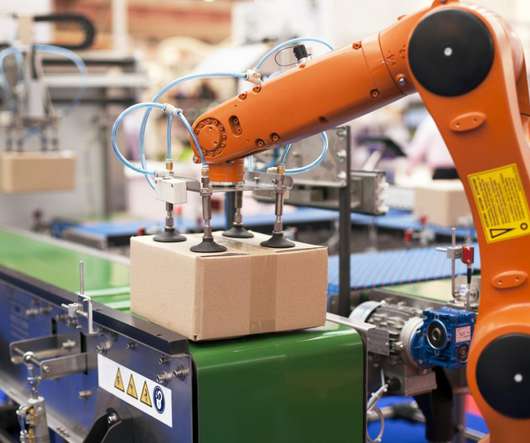Avoiding The Technology Trap In The Future Of Work
The Horizons Tracker
AUGUST 1, 2019
Oxford University researchers Carl Benedikt Frey shot to public attention in 2013 when he and colleague Michael Osborne released research in which they predicted that 47% of jobs could be automated within the next decade or so. Technology at Work. I was understandably curious therefore to see if Technology at Work 4.0

















Let's personalize your content